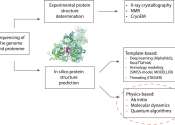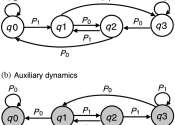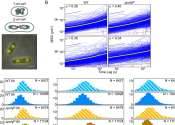AI-based approach matches protein interaction partners
Proteins are the building blocks of life, involved in virtually every biological process. Understanding how proteins interact with each other is crucial for deciphering the complexities of cellular functions, and has significant ...









